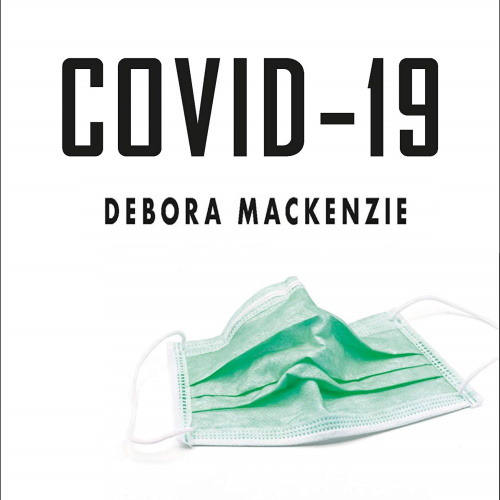Anticipating the next Black Death
Conversation with author and journalist Debora MacKenzie
07-Nov-2020
Author of "COVID-19: The Pandemic that Never Should Have Happened, and How to Stop the Next One" will be discussing questions such as:
Will pandemics become less common or more common?
Should we pay more attention to other sorts of disease?
Has globalisation given the world more resilience in how to respond to pandemics, or put us at greater risk?
Notes from the event - attended by Adrian Cull
Scientists have been warning about this risk for years, but countries have not been prepared.
Almost every country is "grossly insufficient" - elected representatives wary of spending on things that won't occur during their term in office.
Governments always have a tendency to keep things quiet.
Need to make it an international effort.
WHO does not have the right to investigate within a country without an invitation.
Too important to be dependent on one country.
Should have inspection rules, that everyone agrees to, because everyone benefits.
US Institute of Medicine report in 1992 highlighted risk of infectious diseases coming from humans encroaching on animal habitats.
Zoonosis (or zoonotic diseases) is an infectious disease caused by a pathogen (bacterium, virus, parasite or prion) that has jumped from a non-human animal.
SARS didn't spread before symptoms showed - so easier to contain. Good job - as was 10x more deadly.
Main future risks - bird flu, swine flue, bat coronas and nipah.
Coronavirus isn't Disease X - we already knew about that family of viruses.
Emerging diseases are inevitable, but it's not inevitable that they turn into a pandemic.
Could start in any country - one without epidemiology monitoring is poor, or people can't afford healthcare.
China managed to avoid big lockdowns everywhere apart from the source city, Wuhan.
Social cohesion plays a large part in preventing transmission. Societies where individual rights are promoted fared worse.
Freedom does not necessarily mean not following health rules - it's accepted that we have to drive safely.
Q&A
Do viruses always mutate to something less deadly?
Selective pressure only kicks in when it has killed enough people that a milder version can infect the others.
More likely that a strain that is more infectious will spread.
With exponential advances, will we soon be prepared with almost ready-made vaccines off the shelf?
We can learn how to prime our systems ready for new pathogens.
We may develop a universal flu vaccine which we don't have to change every year and will be ready for new viral strains.
An Israeli comopany has done phase 3 trials with a universal vaccine.
Visit website: https://www.meetup.com/London-Futurists/events/273563157/
See alsoDetails last updated 02-Nov-2020
Interested in more events? View the club's event calendar.





